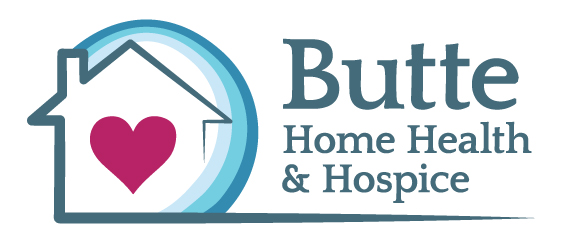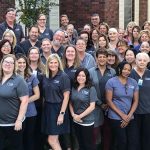Initiating questions about end of life care is emotionally challenging, especially between marriage partners and between parents and children. We seek to protect our loved ones and often avoid the conversations that will cause tears and fears. We hope that we will have more time to enjoy our loved ones and always hope they will get better. Because of our natural inclination, we can miss opportunities to make decisions which will fulfill our wishes for comfort and quality of life for our loved ones.
There are changes that take place gradually at first but become more evident as we seek to nurture our loved ones who are sick. These are often indicators that it’s time to have a discussion about quality of life and how hospice care can help:
- Declining interest in family life. For a loved one this can signal an inability to perform tasks of daily living without assistance, such as eating, walking, using the bathroom, personal hygiene or getting dressed. Often, losing control of these basic functions leads to withdrawal from family life.
- No longer wishing to pursue medical testing or treatments. This is often expressed after frequent trips to the emergency room and hospitalizations without significant progress towards recovery.
- Frequent or reoccurring infections which may indicate a compromised immune system or underlying disease.
- Sleeping and napping throughout the day. You may notice decreasing alertness, withdrawal, increased sleeping or mental confusion as you care for your loved one.
- Lack of appetite and needing to be reminded to eat. This can be measured by significant weight loss and changes in strength and mobility.
- Regular complaints about pain and increasing need for pain medications.
- Periods of shortness of breath, nausea or vomiting which are signs of underlying disease.
These are some important signs which can guide you in advocating for your loved one’s care with physicians and health care providers. The decision to focus on quality of life, instead of aggressive treatments is one that should be made in consultation with trusted medical providers. The staff of caring professionals at Butte Home Health & Hospice are available to guide you in having these discussions and making timely decisions.

Rev. Bronson Pittman is the Chaplain of Butte Home Health and Hospice. For more than 21 years, he has provided spiritual care and counseling support for thousands of hospice patients and families in the 5 counties served by Butte Hospice. In addition, he manages the Medical Social Service Department at Butte Home Health. He is a graduate of the California State University, Fullerton (BA Philosophy) and The American Baptist Seminary of the West (MA Divinity). He also studied as a post-graduate at the University of Calgary, Alberta. He has served as pastor of churches in California and Wyoming. He is married to his high school sweetheart and has 3 children and 1 grandchild. He enjoys international travel, classical music, history, philosophy, theology and art.








Beautifully said, I hope this will help more families, friends and anyone wondering how and when to ask for help and to truly get what hospice is really like and not waiting to the last few days or minutes to accept hospice into there life, it is truly a team effort and so worth having in our lives when we need it. I have had 3 members of my family in hospice and am so grateful for care in my life.